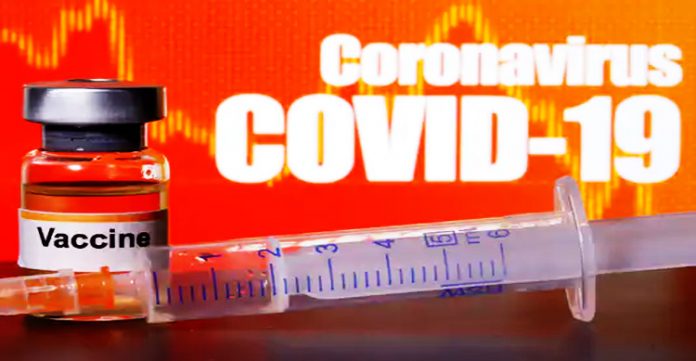As and when the vaccine gets ready to be released in the markets, the entire population of Delhi can be administered with the prevention shot within a month’s time if healthcare workers join in the force, said State Immunization Officer Suresh Seth.
His statement of Thursday mentioned the presence of 600 cold storage points and close to 1,800 outreach sites prepared for immunizing children. He said that Delhi holds the possession of enough equipment which is needed for storing vaccinesat a temperature of 2-8 degree Celsius and even those that require 15-25 degree Celsius.
PTI reported Mr. Seth saying that the Centre is making all efforts to boost the strength of the infrastructure, along with the addition of essential equipment.
However, he said that equipment for those vaccine which require extremely cold environments to survive, -70 degree Celsius for instance, isn’t available. The “phased manner of immunization programme” will help in the logistics process, he said.
“If we involve hospital staff and nurses etc., we can easily vaccinate the entire population in a month,” he said while also mentioning that the national capital’s government is gathering data of hospital workers currently holding the highest priority.
“If a vaccine is available, we can administer it to all healthcare workers in just three days… We have sufficient equipment and cold storage space, we are geared up. We won’t let Delhi falter,” Mr Seth added.
Experts said on this that Delhi contains necessary infrastructure and equipment required for giving the vaccine to all its citizens.
Dr Ajit Jain, the nodal officer for COVID-19 at Rajiv Gandhi Super Specialty hospital, said, “Being the national capital, it has got the equipment and capacity. All we need is trained manpower to carry out the immunization programme effectively.”
However, some vaccines like Pfizer need a storage temperature of -70 degree Celsius which isn’t possible to attain in a developing country like India. In towns and villages, it is next to impossible to arrange such cold chain equipment, experts added.
Moderna, however, can prove to be a safe bet as according to the drugmaker its vaccine can remain stable at -20 degree Celsius (normal freezer temperature) for upto a span of 6 months. Post thawing, the vaccine candidate can stay for 30 days in the refrigerator itself. Along with this, it also has a room temperature storage capability for upto 12 hours.
According to the Oxford University, the AstraZeneca vaccine candidate “can be easily administered in existing healthcare systems, stored at ‘fridge temperature’ and distributed using existing logistics”.
Majority of the vaccines being made in India requires storage temperature of around 2-8 degree Celsius that is possible even in smaller towns.
Dr. Randeep Guleria, Director of AIIMS said that the lowest temperature at which vaccines can be stored in the nation is -25 degree Celsius.
Another expert, NK Ganguly, former Director General of Indian Council of Medical Research, also supported the others and said there is “enough infrastructure” with India to store the vaccines requiring 2-8 degree Celsius.
“We have enough number of refrigerated vans to transport the vaccine from one place to another,” he said.
“There is only one vaccine in India – the Rotavirus vaccine from Bharat Biotech – that needs to be stored at minus 20 degrees Celsius. The company has made arrangements for its storage and transport. We don’t have the equipment and infrastructure for anything that needs to be stored below this temperature,” he highlighted.
Certain vaccine candidates like Pfizer are not developed for nations like India as these are available at $1,500 whereas vaccines here need to be priced below Rs. 500, Mr. Ganguly added.
Chief Minister Arvind Kejriwal had reiterated that there shouldn’t be any VIP and non-VIP categories for administering vaccines as everyone deserves it equally. He necessitated the importance of giving priority to healthcare workers, elderly people and those with comorbidities.







